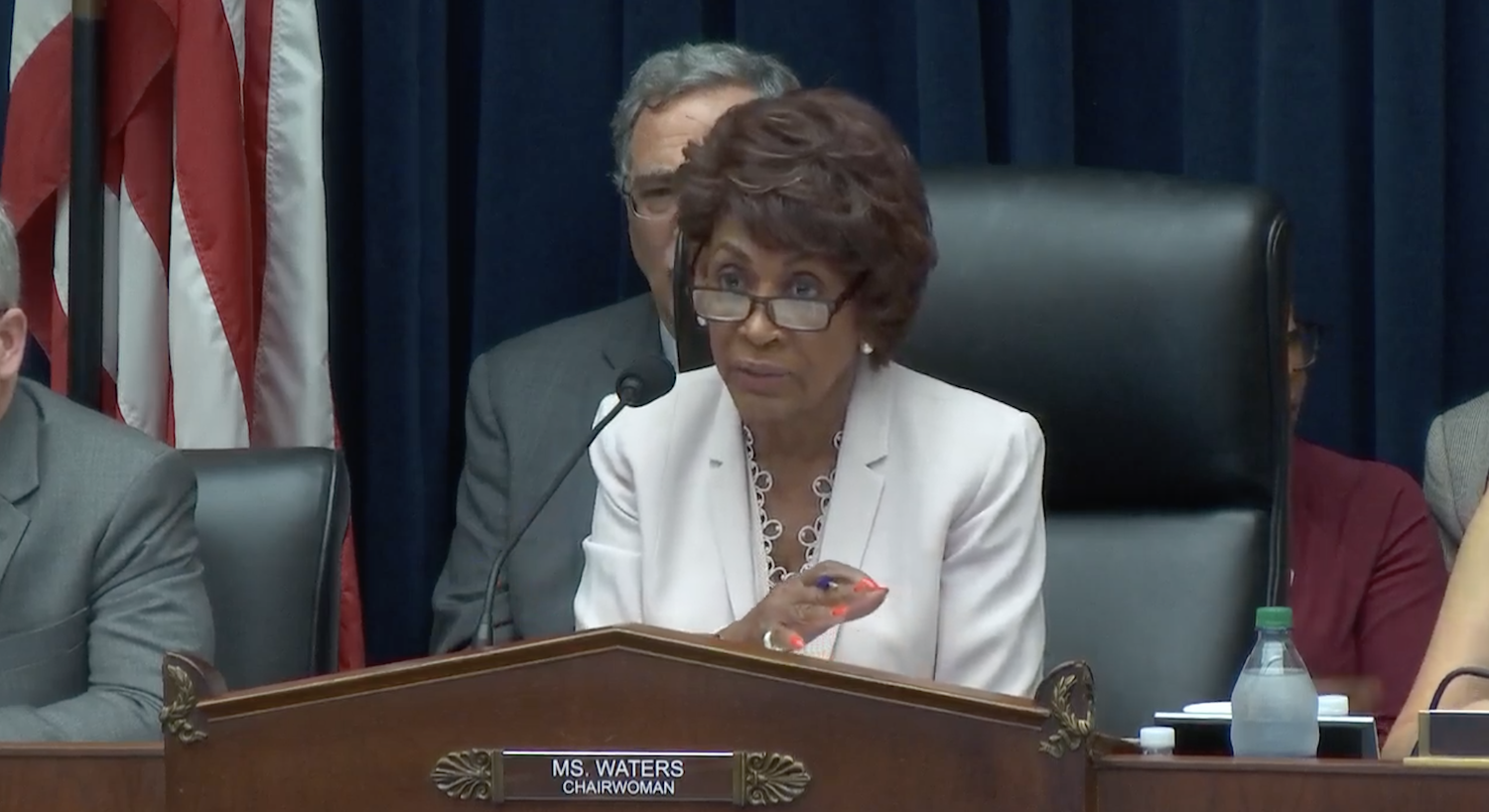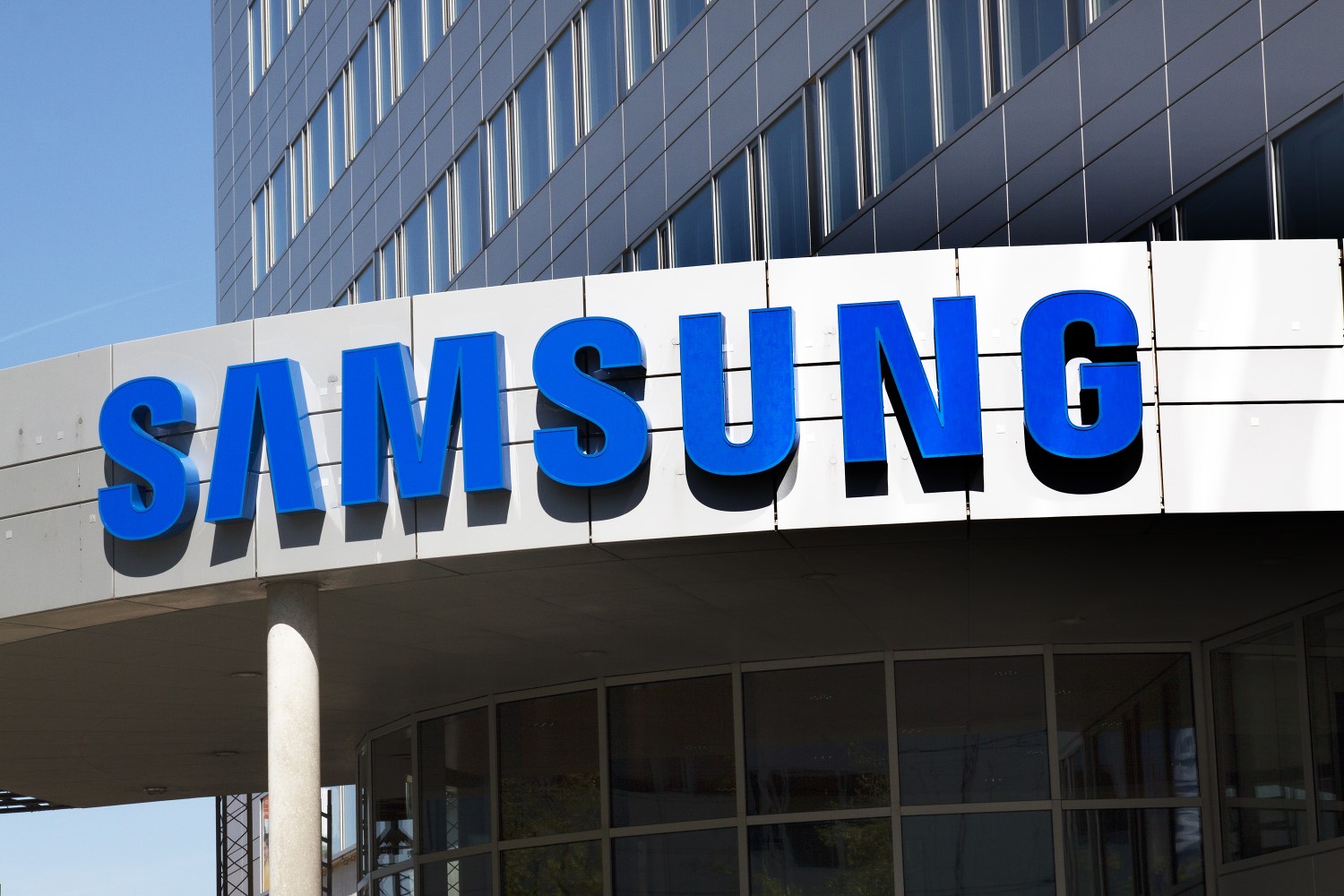OpenTrade Unveils Tokenized U.S. Treasuries Offering as Tokenization Race Gains Steam
Blockchain-based lending and yield platform OpenTrade has rolled out Friday a tokenized U.S. Treasury bill pool, the company said.
The offering is accessible to individual accredited investors, regulated institutions, companies, funds and decentralized autonomous organizations, according to the firm’s press release. Third-party distributors can also integrate OpenTrade’s pool and power their own white-labeled yield offering.
OpenTrade’s initial distribution partners, direct lenders and liquidity providers include Enigma Securities, WOO X, Resonate, Kyber Network and Sino Global Capital. UK-based structured finance firm Five Sigma provides support for off-chain operations.
The offering comes as placing traditional financial instruments such as government bonds, private equity or credit to blockchain – often referred to tokenization of real-world assets (RWA) – has become one of the hottest trends in crypto, with big banks exploring ways to leverage blockchain technology.
U.S Treasuries are considered as a gateway for tokenization efforts given their high yield and low-risk status. The tokenized treasuries market has grown sixfold this year to $668 million, with asset management firm Franklin Templeton being the biggest player, according to data by rwa.xyz.
OpenTrade’s tokenized Treasuries pool was developed using Circle’s Perimeter Protocol, an open-source codebase for on-chain credit facilitation, and is powered by the USDC stablecoin.
Following the U.S. Treasury pool, OpenTrade has plans to introduce a variety of on-chain yield products including investment-grade commercial paper and supply chain financing, founders Dave Sutter and Jeff Handler told CoinDesk in an interview earlier this week.
The opportunity for trade financing using blockchain rails is particularly attractive, they explained, as there’s a $2.5 trillion unmet financing demand from market participants, according to a report by the Asian Development Bank.
OpenTrade raised $1.5 million in venture capital funding earlier this year from Sino Global Capital, Circle Ventures, Kronos Research, Kyber Ventures, Outlier Ventures and Polygon Ventures.
Edited by Stephen Alpher.









